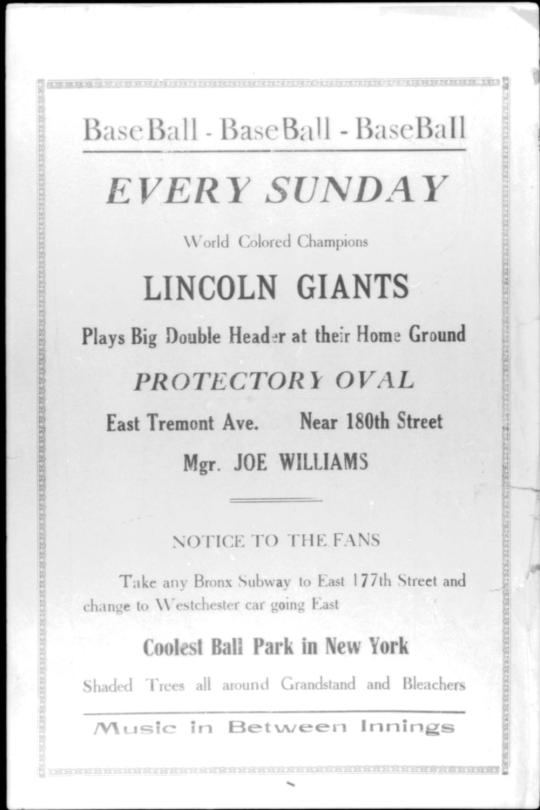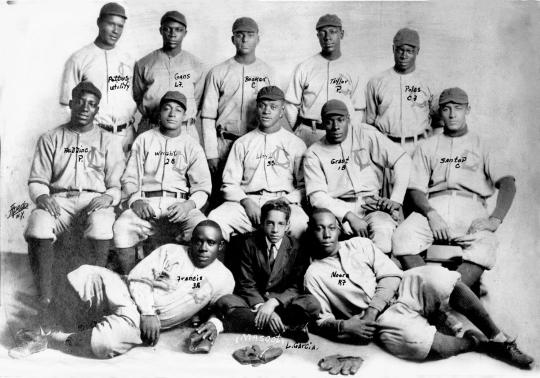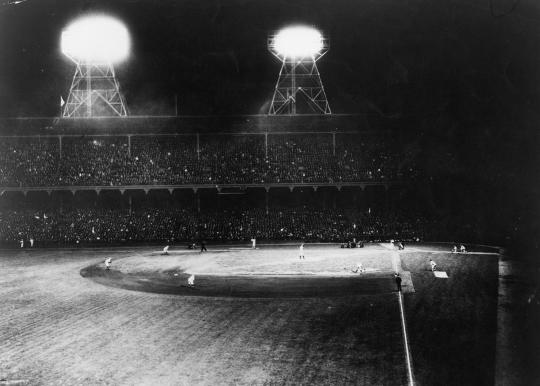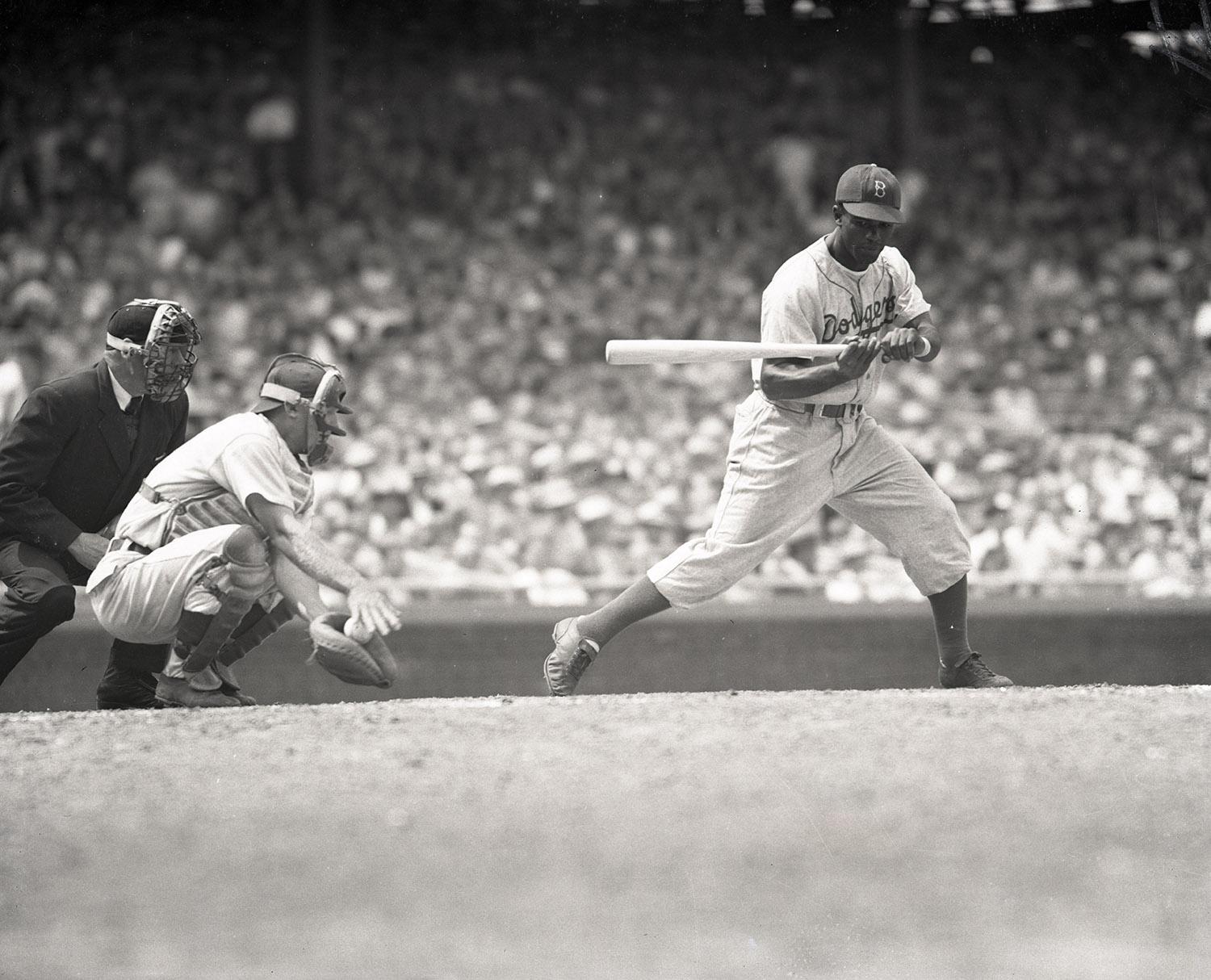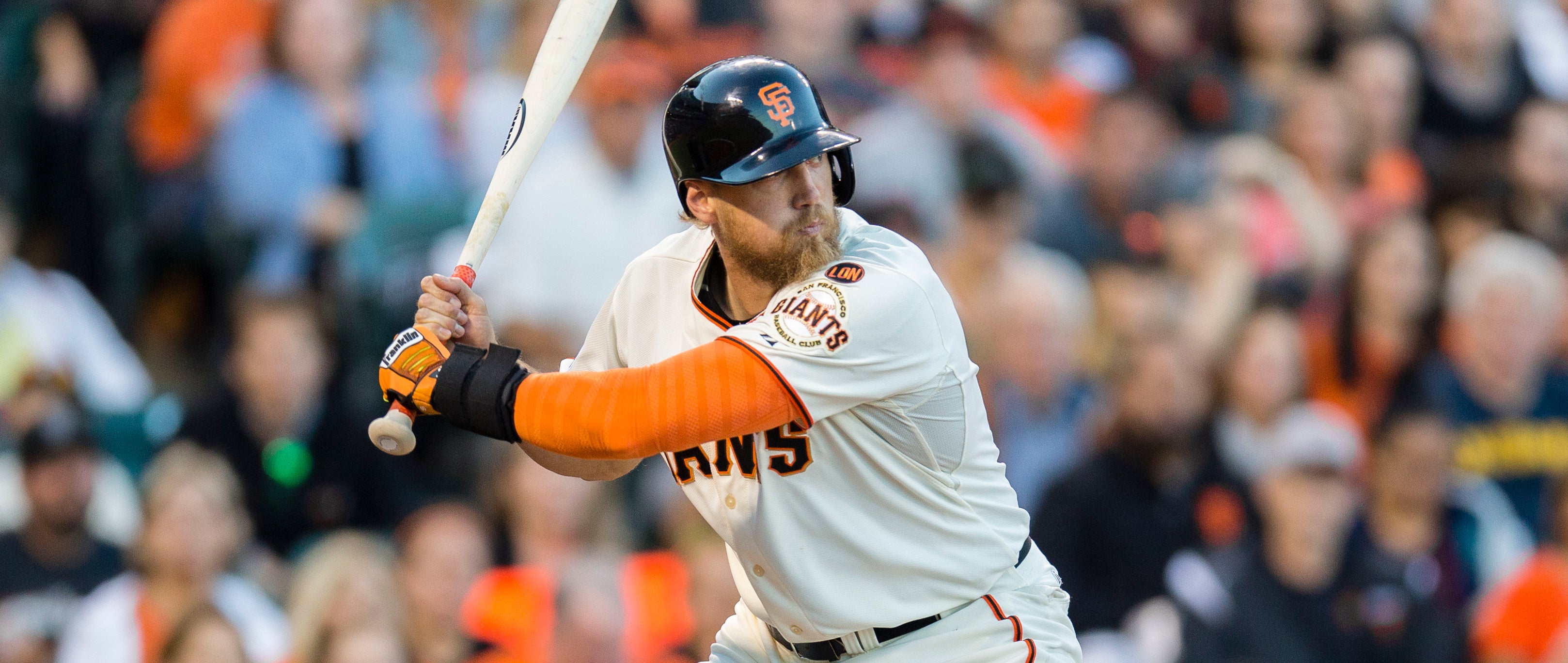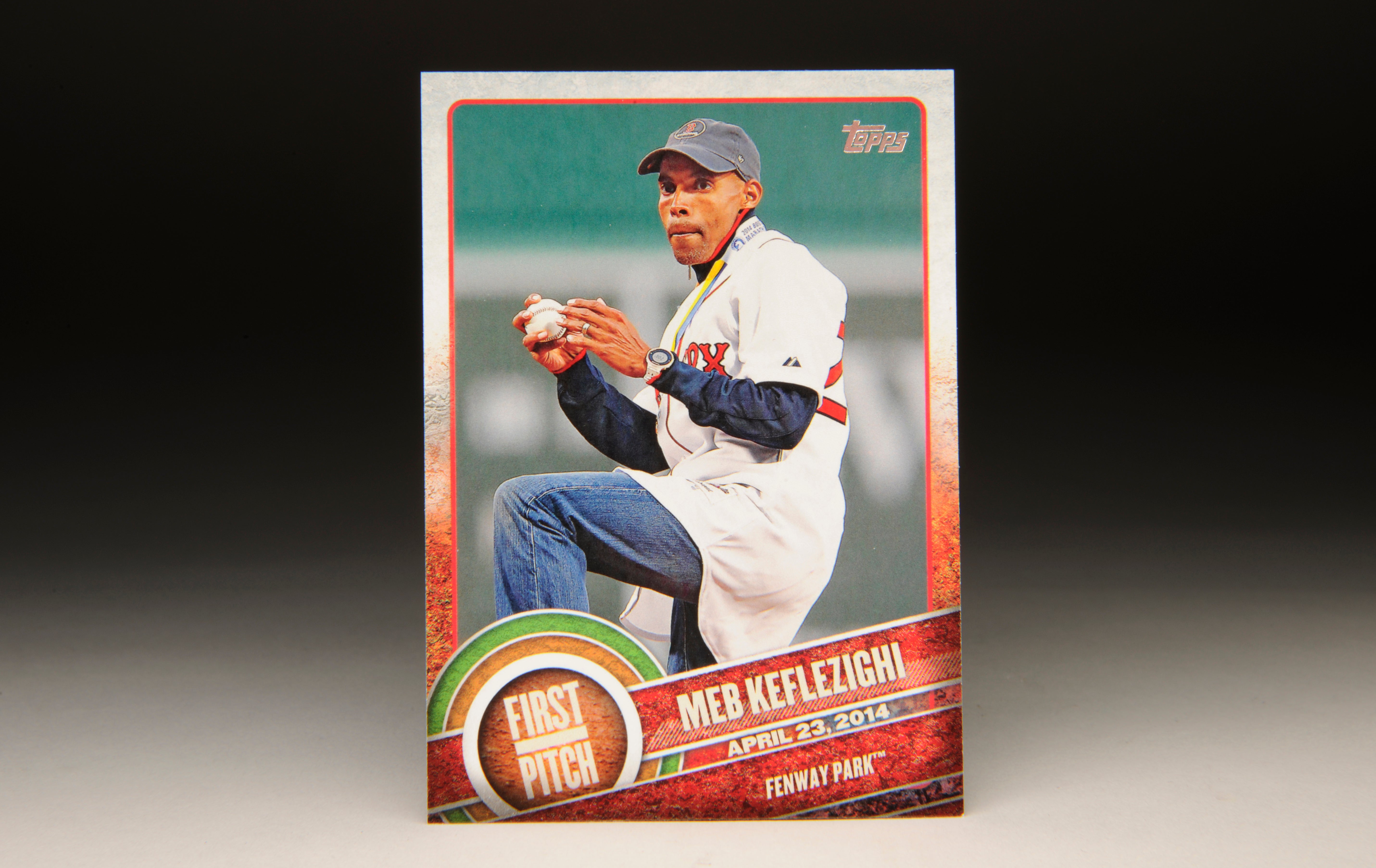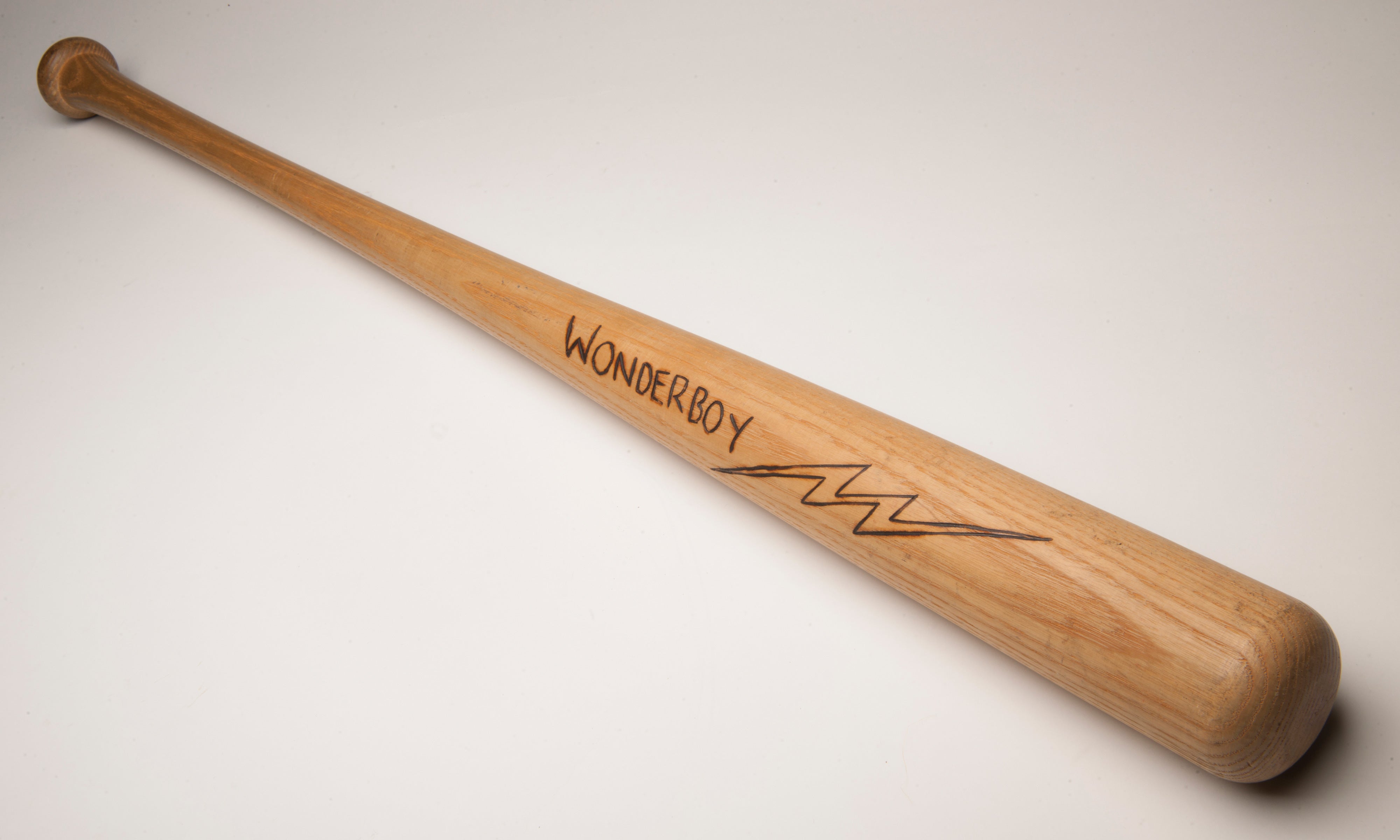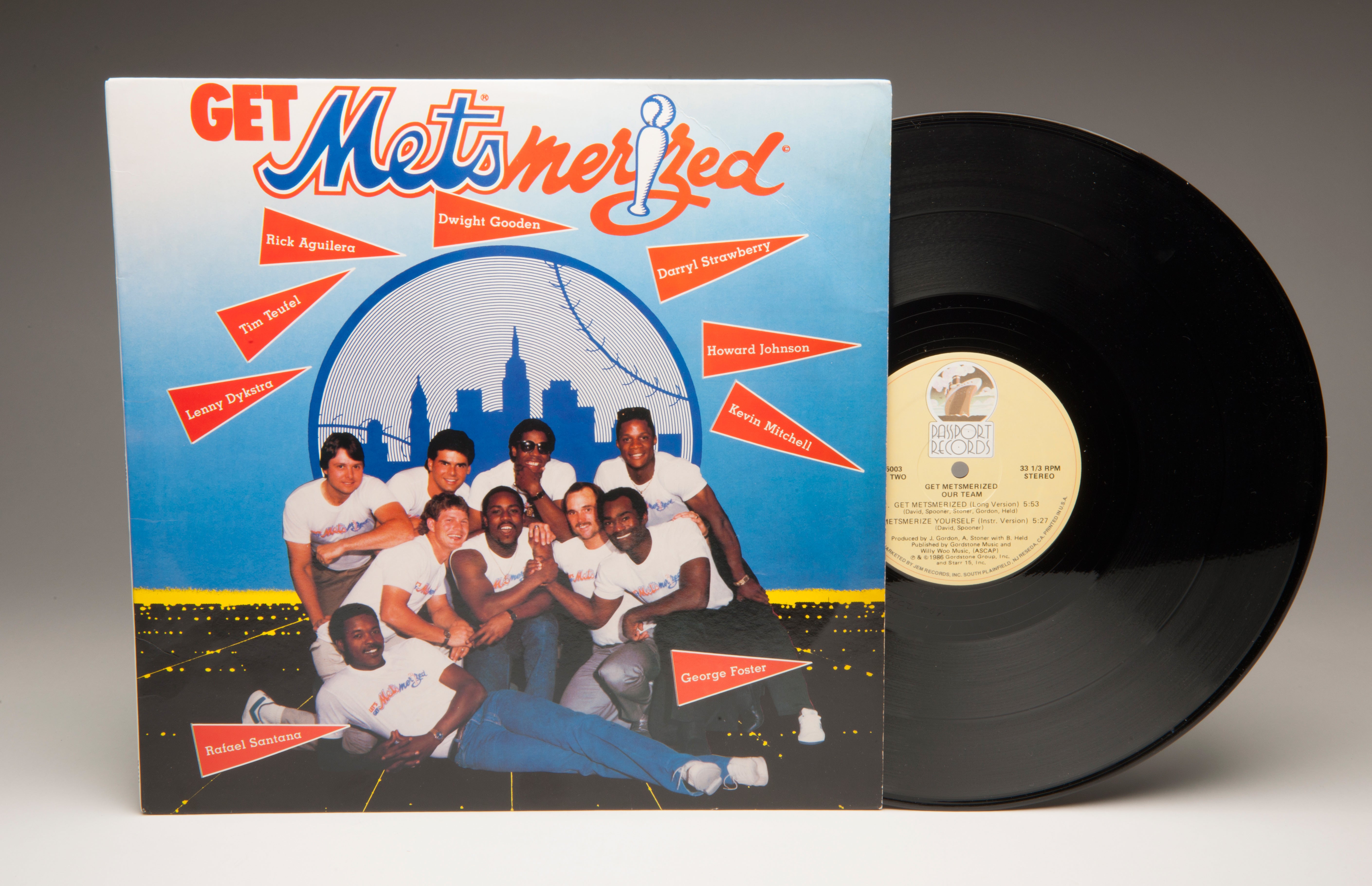- Home
- Our Stories
- Luke Cage and baseball
Luke Cage and baseball
Harlem is a diverse borough of New York City with an equally interesting past.
During earlier parts of the Great Migration (circa 1910 -1970) Harlem could arguably be called the home of African-American culture. It was a hotbed for Jazz artist, poets, and authors. The best known part of this period is known as the Harlem Renaissance. Thus, it is no surprise that in 1972, during the rise of the Blaxploitation genre in film, the comic Luke Cage was released and was set in Harlem.
Blaxploitation is a film genre that began in the 1970s featuring mainly African-American actors and often having antiestablishment plots. This genre is often criticized for stereotypical characterization and glorification of violence.
Following the path of the Blaxploitation film genre, the Luke Cage comic series featured a cast of almost exclusively African-American characters. Cage is an ex-con who was wrongly imprisoned. He is also what is known in the Marvel Comic universe as a meta-human, or a mutant. His abilities involve his superhuman strength and his “unbreakable” quality.
@JamesGunn pic.twitter.com/kbdeUwqv0i
— Luke Cage (@LukeCage) October 16, 2016
Given the political and racial climate of the United States over the last several years, it is no surprise that Marvel and Netflix teamed up to release a television version of Luke Cage. Several news outlets have described Luke Cage as a comic-based television show about a hoodie-clad, male, African-American superhero who is impervious to bullets.
Netflix released Luke Cage on Sept. 30, 2016. As with all Netflix produced shows, the whole season was released at once. For those like me who tend to binge-watch, this created a problem. Once I started, it seemed that all my free time was spent watching the show. However, Episode 5, entitled “Just to Get a Rep,” was of particular interest to me. The theme of baseball appears several times in the episode, despite the apparent absence of other references to the sport in the rest of Season 1. First, when club owner and gangster Cornell “Cottonmouth” Stokes talks to his enforcers about how to handle a lack of funds due to a Luke Cage robbery, one of his lackeys responds that he had been reading a book about urban decay. The book stated that “The Dodgers left Brooklyn, Robert Moses created the Cross-Bronx Expressway and white folks went running for the suburbs.”
This momentary reference to baseball and the departure of the Dodgers for the West Coast is not the whole of baseball references in the episode. When Cottonmouth’s meeting concludes, he tells his muscle men to “hit every business between 110 and 155th Street” for his “Luke Cage Stupidity Tax”, or what amounts to basic extortion.
@SpikeHobbsJr pic.twitter.com/6NpBUYKUav
— Luke Cage (@LukeCage) June 21, 2016
One of the businesses hit by Cottonmouth’s men is a pawn shop. The shop is run by Aisha Axton. When Cottonmouth’s men approach the shop, Aisha says she doesn’t have any money for them and grabs a baseball bat to defend herself. She is easily disarmed. One of the men then begins to destroy the displays in the shop with the bat. The enforcer, named Zip, stops when he comes across a display case with a newspaper clipping and a ring with a baseball design on it.
At this point the viewer finds out that Aisha’s father “came up” with the Mets, but was cut. He later won “the championship” with a team called the Nines. Using vague terms like this is a common practice in comics as it avoids trademark and copyright issues. Also, as the Marvel universe often runs parallel to our history, it does often verge from true history as well. This is a great example. The Nines were a New York based team that won the “championship.” Given the story of Eddie Axton being cut from the Mets, this can be perceived as a reference to the New York Mets winning the World Series.
Zip breaks the display and takes the World Series ring from the case. The men then leave the pawn shop; Zip with the ring on his finger. On their way out, the men make sure to tell Aisha that Luke Cage is responsible.
After being told by countless Harlemites what was stolen from them, Luke Cage sets out to retrieve the items and return them to their owners. When Luke Cage finally catches up with Zip in an attempt to return the ring, it is in Jackie Robinson Park (which runs between 145th and 155th Street in Harlem). Cage lifts Zip up into the air by his throat and says, “Think about where you are. It’s hallowed ground, this park. Named for Jackie Robinson. It’s here, it’s all around you if you respect yourself enough to take a look.” Zip asks, “At what?” To that, Cage responds, “Legacy.”
There are many other social commentaries made in Luke Cage that do not concern baseball. While comic purists may be upset with some of the variances between the comic and the television show, the original creators must be happy to see their comic book hero involved with social, economic, and political issues relevant to Luke Cage’s fans. Once again, we never quite know when and where (especially in the Marvel Universe) baseball references might pop up.
Nate Tweedie is the manager of on-site learning at the National Baseball Hall of Fame and Museum

